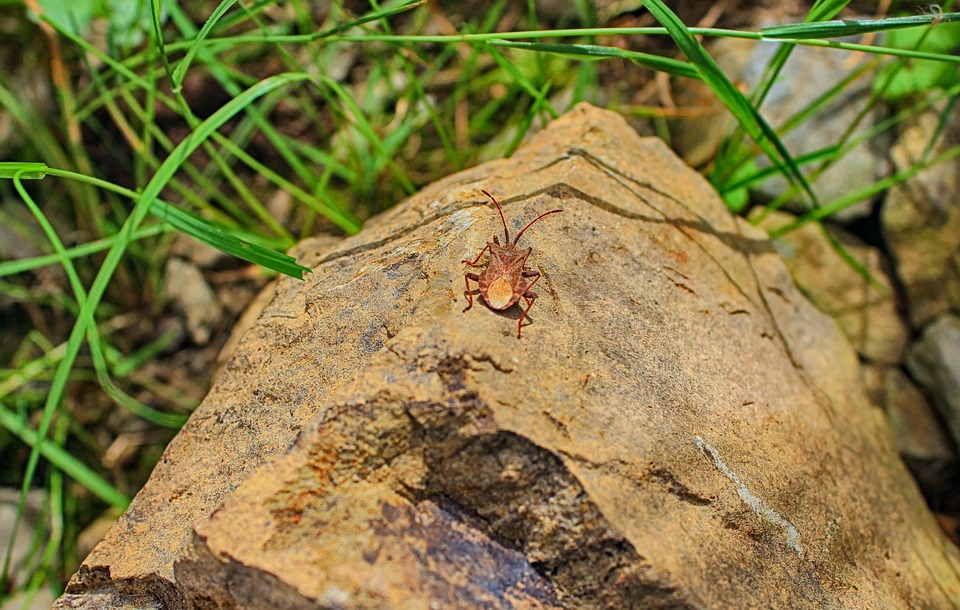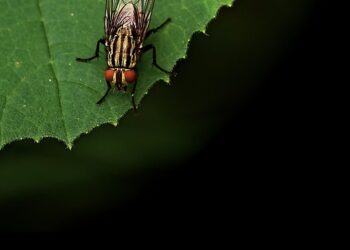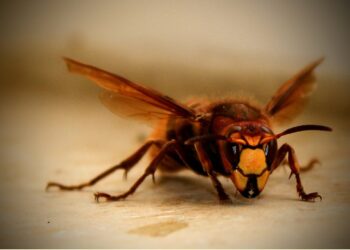Battle of the Bugs: Conquering Common Garden Pests
One of the biggest challenges that gardeners face is dealing with pesky insects that can wreak havoc on their plants. From aphids to caterpillars, there are a wide variety of bugs that can infest your garden and cause damage. In this article, we will explore some common garden pests and provide tips on how to control and eliminate them.
Identifying Common Garden Pests
Before you can effectively combat garden pests, it is important to be able to identify them. Some common garden pests include:
- Aphids: These small, pear-shaped insects can be green, yellow, black, or brown. They often cluster on the undersides of leaves and suck the sap from plants, causing them to wilt and die.
- Caterpillars: These larvae of butterflies and moths can chew through leaves and stems, causing significant damage to plants.
- Spider mites: These tiny pests can be difficult to see with the naked eye, but they can cause leaves to become stippled and discolored.
- Whiteflies: These small, white insects can be found on the undersides of leaves and can cause leaves to yellow and drop prematurely.
Controlling Garden Pests
There are several strategies that you can use to control and eliminate garden pests:
1. Natural Predators
One of the most effective ways to control garden pests is to introduce natural predators into your garden. Ladybugs, lacewings, and parasitic wasps are all beneficial insects that feed on common garden pests. You can attract these predators by planting a diverse range of plants that provide them with food and shelter.
2. Handpicking
For larger pests such as caterpillars, you can simply pick them off your plants by hand and dispose of them. This method is labor-intensive but can be effective for controlling infestations on small plants.
3. Neem Oil
Neem oil is a natural insecticide that can be effective for controlling a wide range of garden pests. It works by disrupting the insect’s hormonal balance, preventing them from feeding and reproducing. Neem oil is safe to use on most plants and is environmentally friendly.
4. Insecticidal Soap
Insecticidal soap is another natural insecticide that can be effective for controlling soft-bodied insects such as aphids, spider mites, and whiteflies. It works by suffocating the insects on contact, so be sure to thoroughly coat the pests with the soap solution.
Preventing Garden Pests
While controlling garden pests is important, prevention is key to avoiding infestations in the first place. Here are some tips for preventing garden pests:
1. Plant Diversity
Planting a diverse range of plants in your garden can help to prevent pests from becoming a problem. Pests are less likely to spread quickly if they don’t have a large food source to feed on.
2. Proper Watering
Overwatered plants are more susceptible to pests, so be sure to water your plants only when necessary. Avoid watering in the evening, as damp conditions can attract pests.
3. Mulch
Applying a layer of mulch around your plants can help to prevent pests from gaining access to your plants. Mulch also helps to retain moisture in the soil and suppress weeds, creating a healthier environment for your plants.
Conclusion
Dealing with garden pests can be a frustrating experience, but with the right strategies and preventative measures, you can keep your plants healthy and pest-free. By identifying common garden pests, implementing control methods, and taking steps to prevent infestations, you can conquer the battle of the bugs and enjoy a thriving garden.





















































